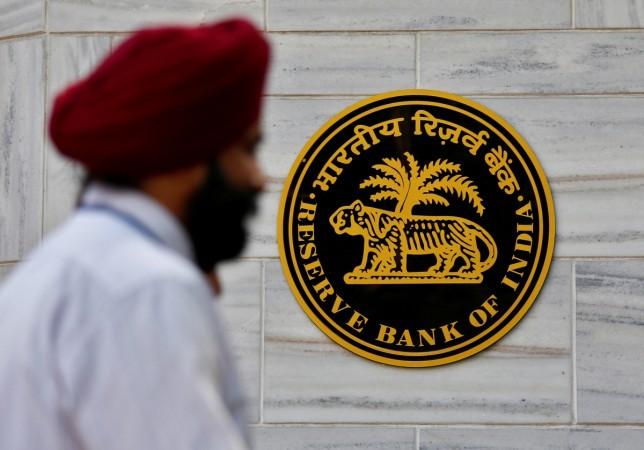
Reserve Bank of India's (RBI's) monetary policy committee members are worried about fresh risks to inflation and uncertainties on the fiscal, RBI Governor Urjit Patel said in the minutes of last policy meeting.
Explaining his view, the RBI Governor said: "The inflation scenario has evolved by and large along anticipated lines even as there was some unexpected firming up of food prices in October. (I say by and large because prints have been volatile throughout the year.)" But added, "...there are several risks to the projected inflation trajectory."
The monetary policy committee (MPC) members are concerned about rising crude oil prices, fiscal slippage for the ongoing financial year and rising inflationary expectations of households, show the minutes of the last meeting.
On the December 6 meeting, MPC maintained status quo in the key policy repo rate at six percent, with five out of the six members voting in favour of holding rate. The committee also maintained its neutral policy stance while raising its fiscal second-half inflation estimate range marginally to 4.3-4.7 percent.
The apex bank has a medium-term Consumer Price Index-based (CPI-based) inflation target of four percent.
The minutes of the meeting indicate that cutting interest cycle come to end so as to arrest the inflation for maintaining fiscal discipline.
"The time has come for monetary policy to take guard and be ready to go out on the front foot. It is time now to signal its end and commence the withdrawal of accommodation," said Michael D. Patra, executive director RBI, the minutes showed.
The MPC highlighted the recent reduction in Goods and Services Tax (GST) rates, bank recapitalisation plans and improving credit metrics in distressed sectors as factors that could pave the way for improved growth numbers.
"The acceleration in GVA growth in Q2 FY18 (as projected in October) is comforting, especially because it was underpinned by a sharp increase in manufacturing. Growth in gross capital formation continued to recover. Financial conditions have improved significantly in the recent period as reflected in large capital raised from the primary capital market and a pick-up in bank credit growth. These perhaps may be indicating a long-awaited (modest) upturn in an investment cycle," Patel said.
However, Dholakia disagreed with the consensus view on both growth and inflation assessments, saying, that low capacity utilization level of 72 percent and persistent presence of an output gap still prevails. "The real cause of concern right now is the economic recovery and its slow pace," said Dholakia.









